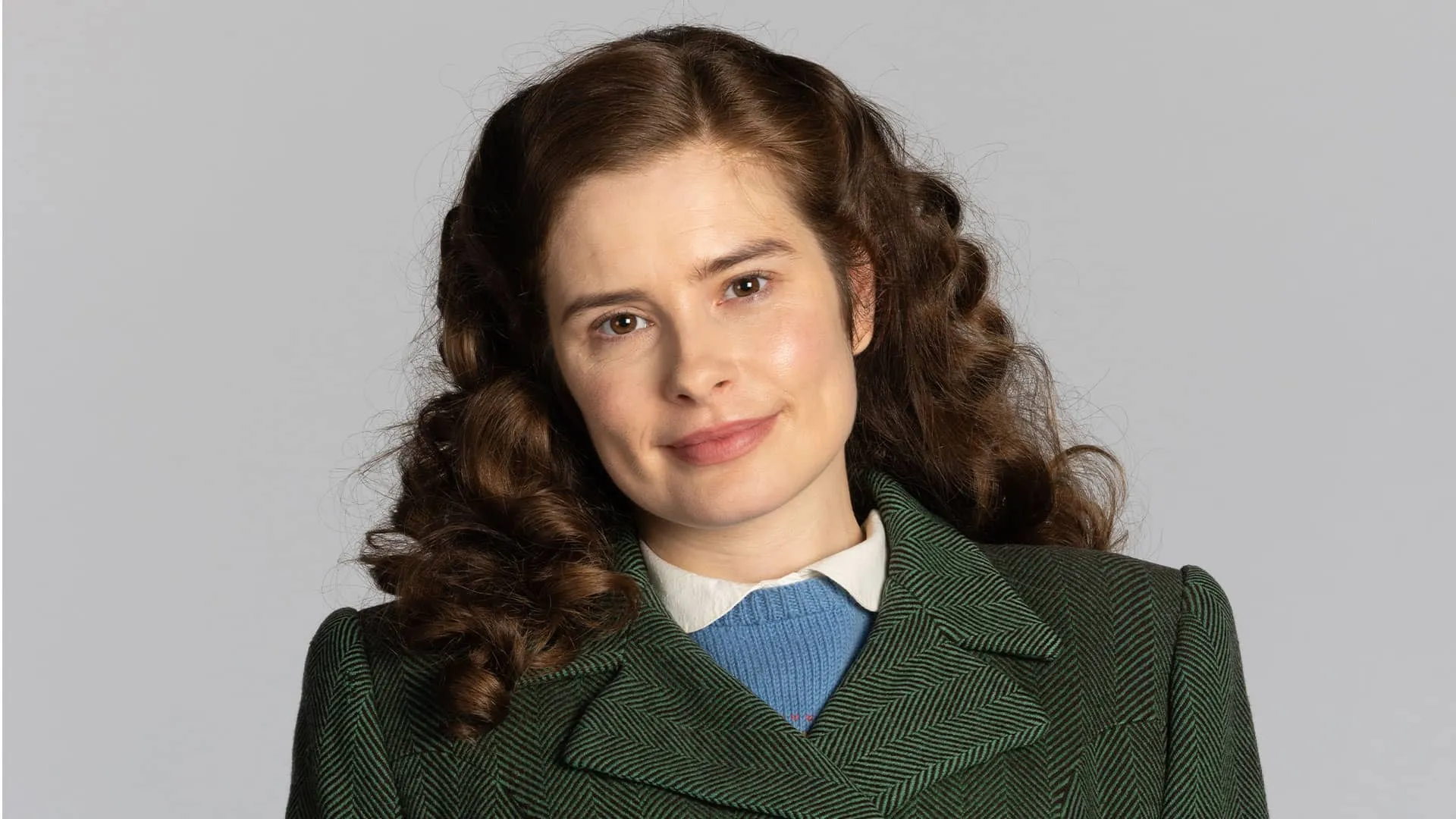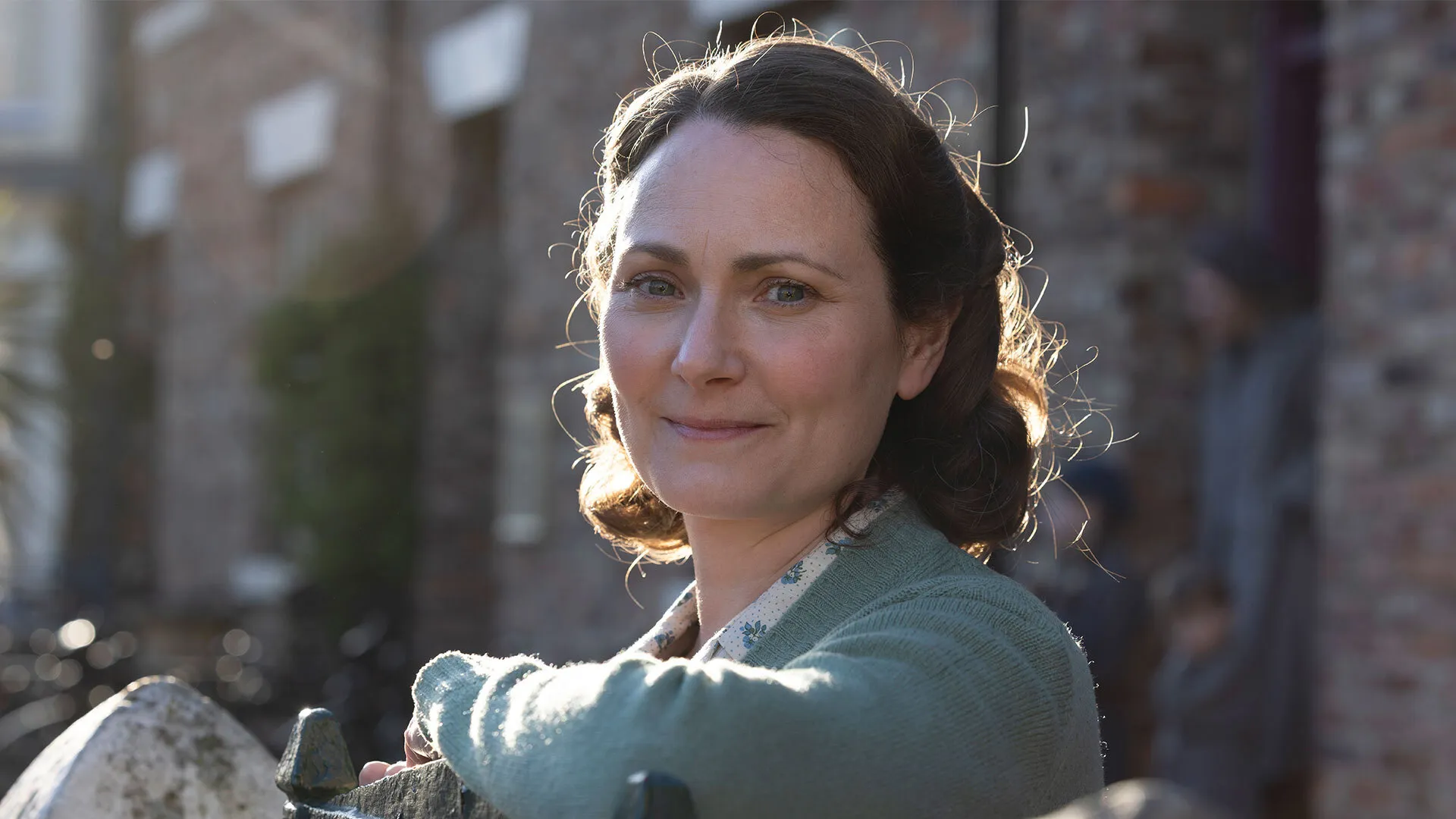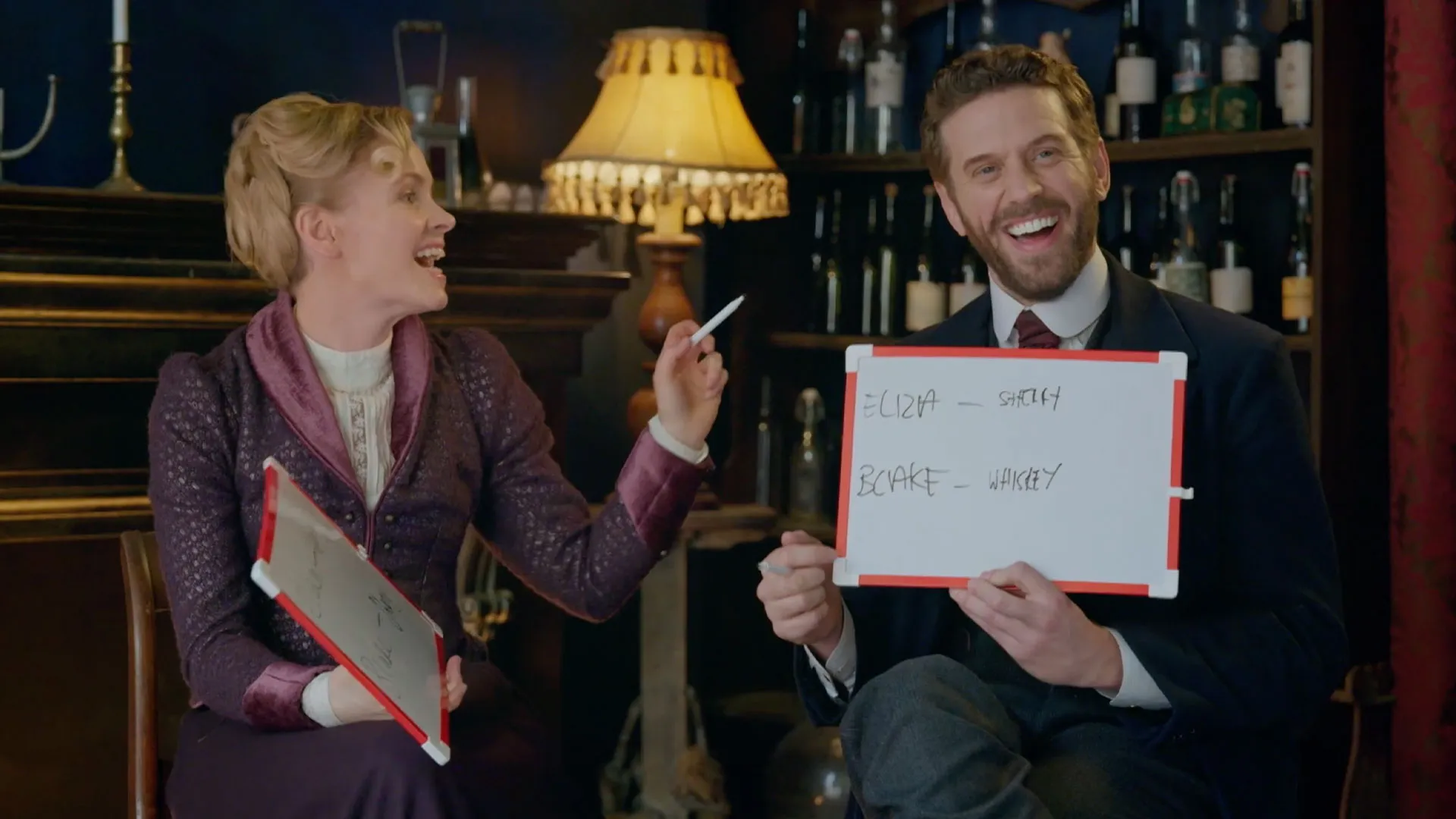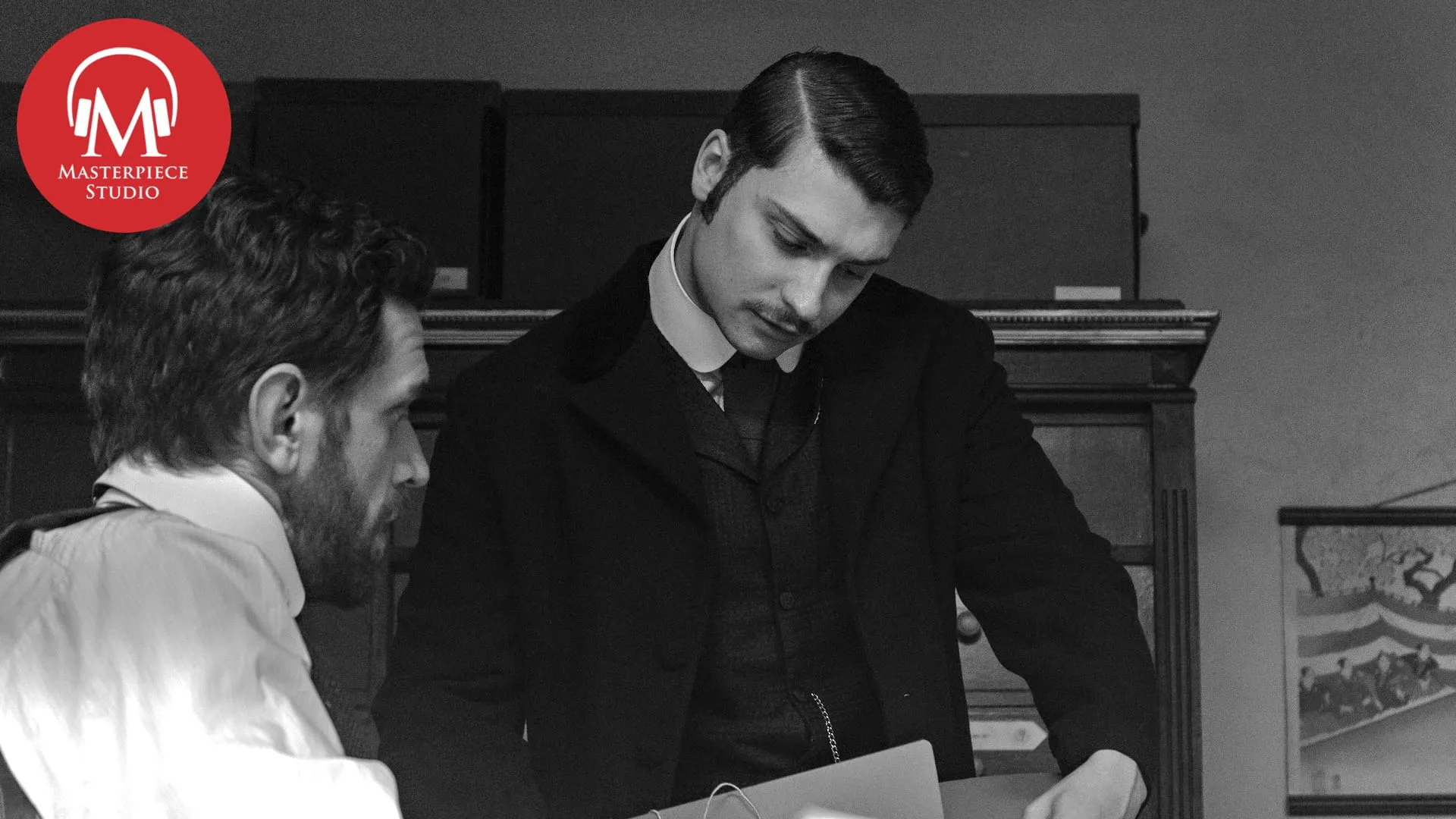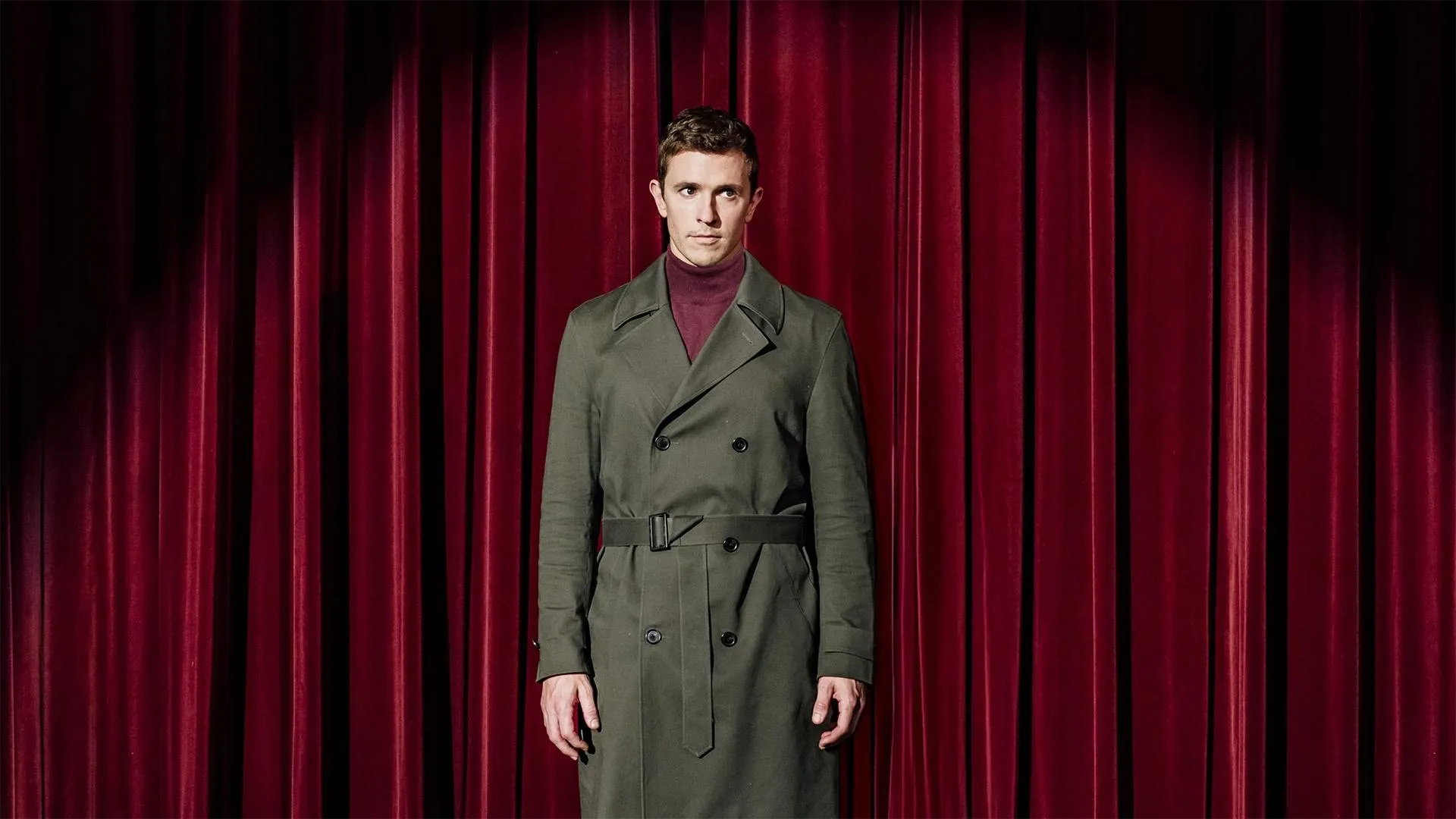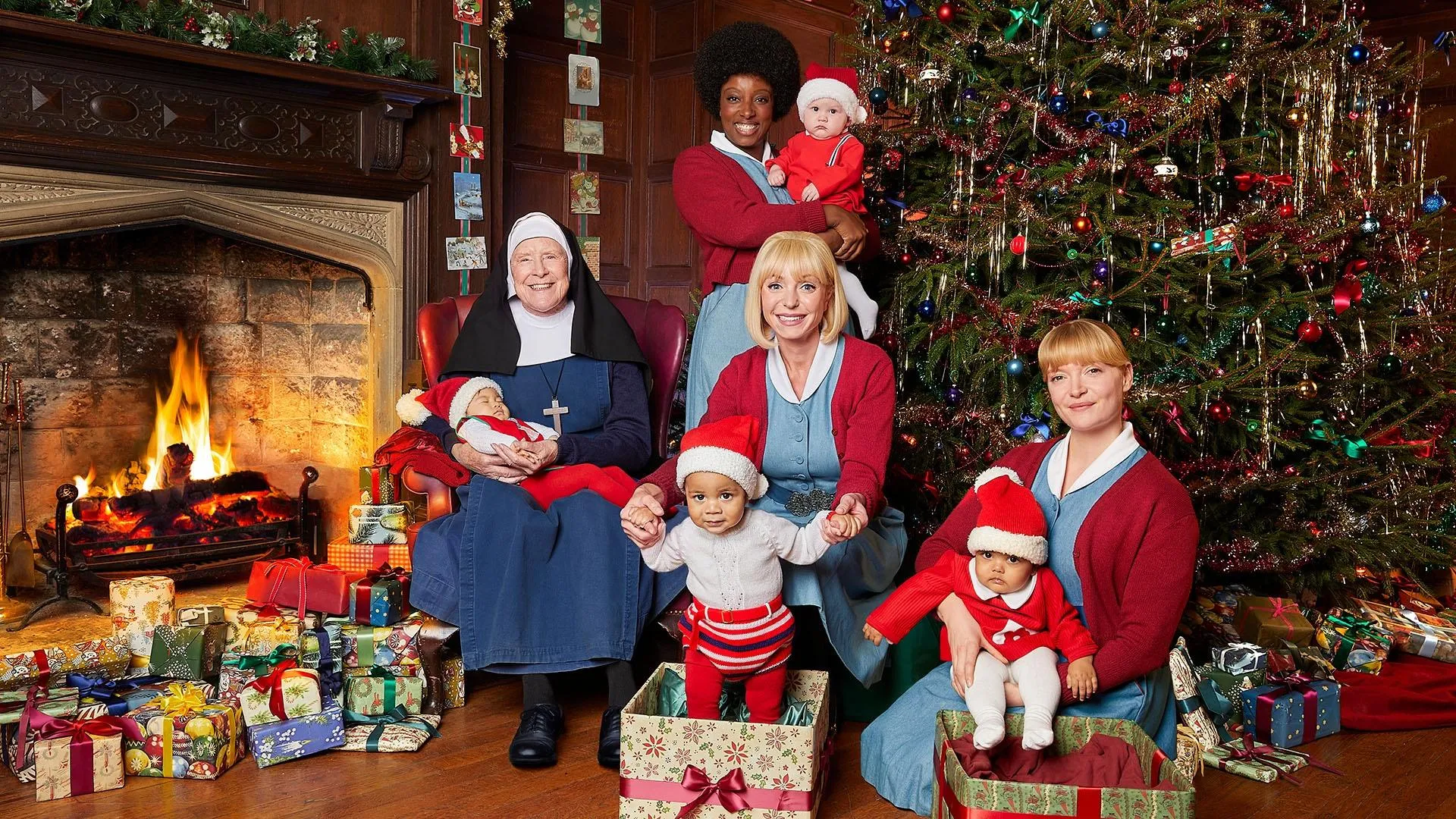Explore Masterpiece
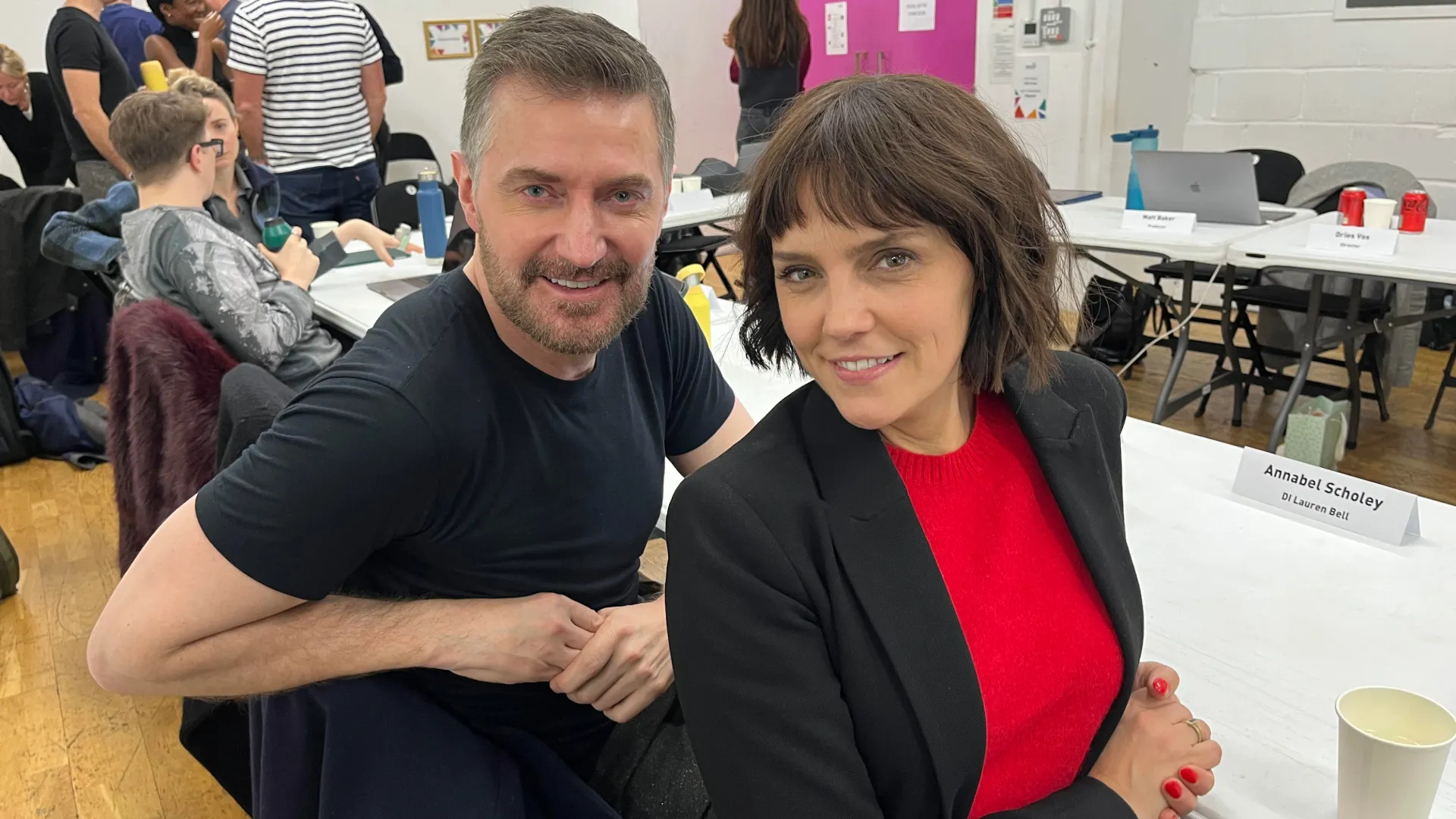
special feature
New MASTERPIECE Mystery Series Winter: Cast and Filming News
MASTERPIECE Newsletter
Sign up to get the latest news on your favorite dramas and mysteries, as well as exclusive content, video, sweepstakes and more.
Enter Your Email Address
Popular Shows
Support Provided ByLearn More
